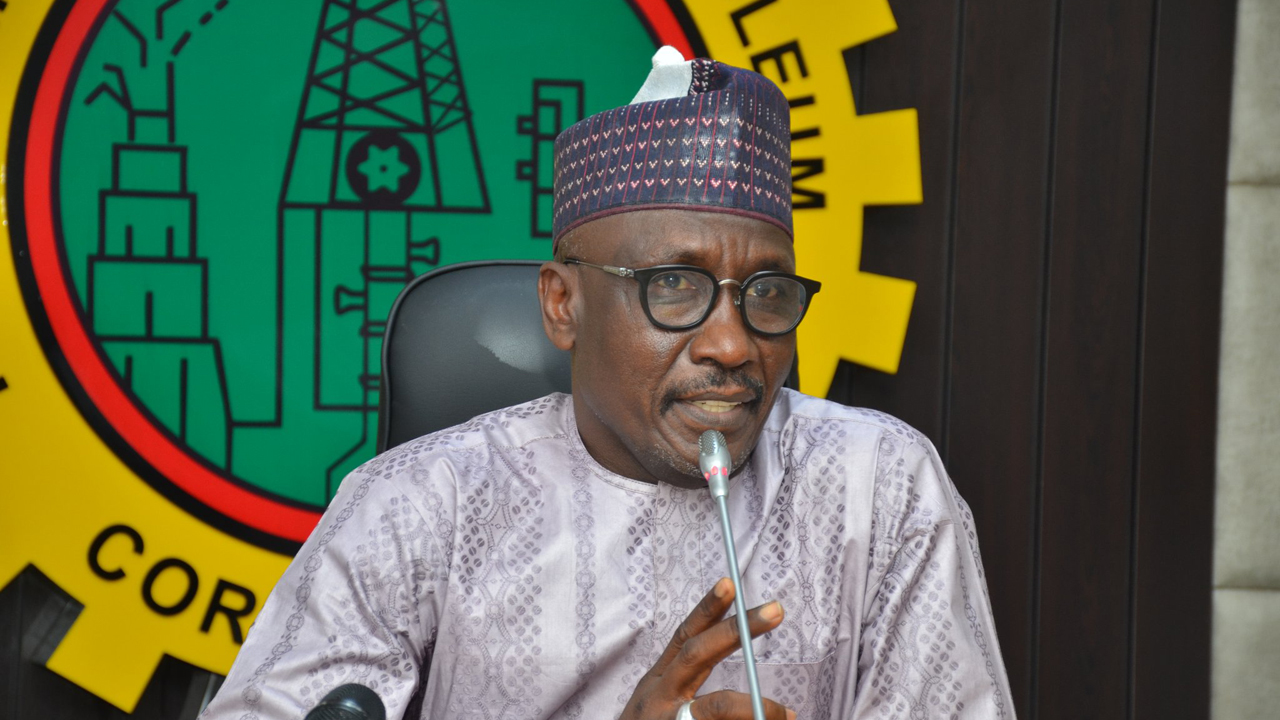The Nigerian National Petroleum Company Limited (NNPC Ltd) has offered to submit itself for forensic audit of fuel supply and subsidy management, insisting that daily fuel supply is 68 million litres.
The challenge followed claims made by the Controller-General of the Nigeria Customs Service, Col Hameed Ali, (retd) about the fuel consumption figures in the country,
Ali had queried why the Nigerian NNPC LTD, would allow the release of 98 million litres of petrol per day for local consumption, instead of 60 million litres admitted by its own computation.
He had during a meeting with National Assembly members last Thursday said: “I remember that last year, we spoke about this but unfortunately, this year, we are talking about subsidy again.
“The issue is not about smuggling of petroleum products. I have always argued this with NNPC. If we are consuming 60 million litres per day by their own computation, why would you allow the release of 98 million litres per day?

“If you know this is our consumption, why would you allow that release? Scientifically, you cannot tell me that if I fill my tank today, tomorrow, I will fill the same tank with the same quantity of fuel.
“If I am operating a fuel station and I go to Minna depot, lift petrol and take it to Kaduna, I may get to Kaduna in the evening and offload that fuel.
“There is no way I would have sold off that petrol immediately to warrant another load. So, how did you get to 60 million litres per day? That is my problem. The issue of smuggling, if you release 98 million litres in actual, and 60 million litres is used, the balance should be 38 million litres.
“How many trucks will carry 38 million litres every day? Which road are they following and where are they carrying this thing to.
But the NNPC reacting to this, said on Sunday in a statement signed by Malam Garba Muhammad, Group General Manager, Group Public Affairs Division, NNPC.
Muhammad said between January and August 2022, the total volume of Premium Motor Spirit (PMS) imported into the country was 16.46 billion litres, which translated to an average supply of 68 million litres per day.
Similarly, he said that import in the year 2021 was 22.35 billion litres, which translated to an average supply of 61 million litres per day.
“The average daily evacuation (depot truck out) from January to August 2022 stands at 67 million litres per day as reported by the Nigerian Midstream and Downstream Petroleum Regulatory Authority (NMDPRA).
Read Also: ASUU constitutes committee to tackle ‘smear campaign’
“While daily evacuation (depot load outs) records of the NMDPRA do carry daily oscillation ranging from as low as four million litres to as high as 100 million litres per day,” he said.
He said that rising crude oil prices and PMS supply costs above PPPRA (now NMDPRA) cap had caused oil marketing companies’ withdrawal from PMS import since the fourth quarter of 2017.
In the light of these challenges, he said that NNPC had remained the supplier of last resort and continued to transparently report the monthly PMS cost under-recoveries to the relevant authorities.
On cost, he said the average international market determined landing cost, in quarter two, 2022 was 1,283 dollars per Metric Tonnes and N46 per litre approved marketing and distribution cost.
“The combination of these cost elements translates to retail pump price of N462/litre, an average subsidy of N297/litre and an annual estimate of N6.5 trillion on the assumption of 60 million litres daily PMS supply.
The NNPC promised to ensure compliance with existing governance framework that requires participation of relevant government agencies in all PMS discharge operations.
“The agencies include the Nigerian Ports Authority, NMDPRA, Nigerian Navy, Nigeria Customs Service, NIMASA and all others,” Muhammad said.
He acknowledged the possibilities of criminal activities in the PMS supply and distribution value chain.
Muhammad, however, pledged that as a responsible business entity, NNPC would continue to work with relevant agencies to curtail smuggling of PMS and contain other criminal activities.
He also pledged that the company would deliver on its mandate of ensuring energy security for the country, with integrity and transparency. (NAN)



Comments are closed.